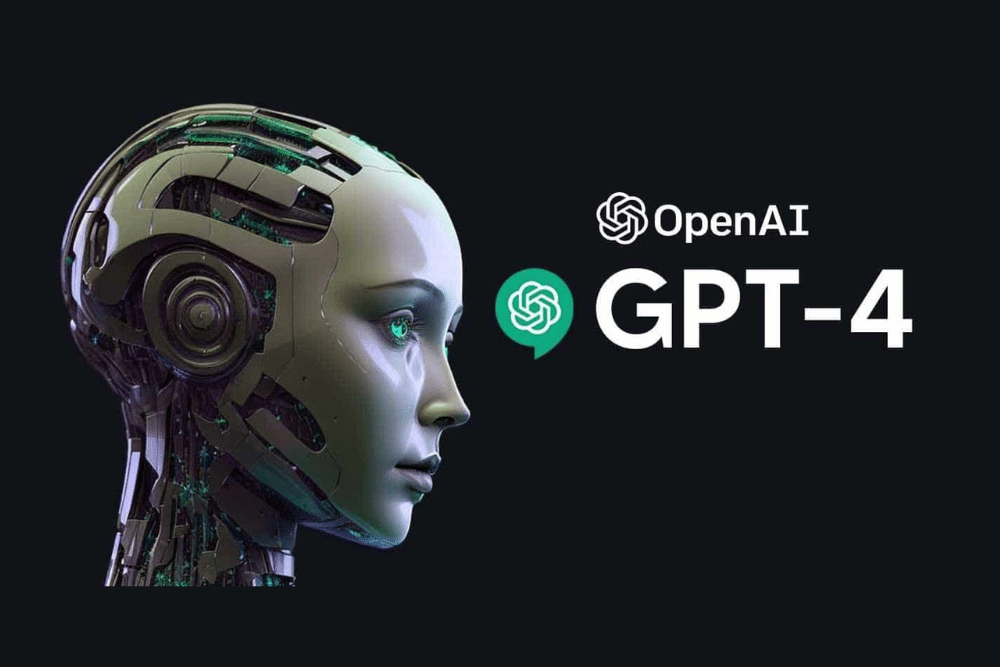
OpenAI’s GPT-4, a leading AI language model, has sparked discussions regarding its environmental impact, particularly in terms of water usage. A recent study reveals that the model consumes the equivalent of three water bottles to generate just 100 words of text. This revelation has raised concerns amid growing scrutiny over the resource demands of advanced artificial intelligence systems.
The study highlights the intricate relationship between AI development and resource consumption, particularly water, which is essential for cooling data centers that host these models. The findings indicate that as AI technology advances, so too does its reliance on natural resources, prompting calls for a more sustainable approach to AI development.
As AI capabilities expand, the demand for energy and water intensifies. Data centers, which are the backbone of AI operations, require substantial resources to function efficiently. Cooling systems play a vital role in maintaining optimal temperatures for servers, and water is a key component in these systems. The findings regarding GPT-4’s water consumption underscore the pressing need for industry leaders to address sustainability in their technological pursuits.
Amid these challenges, OpenAI, in partnership with Microsoft, is exploring potential solutions to mitigate resource strain. The tech giants are reportedly investigating new data center designs that prioritize energy efficiency and reduced water usage. By innovating cooling technologies and optimizing resource allocation, they aim to lessen the environmental footprint of their AI systems.
Additionally, there is a concerted effort to secure funding for advancements in power supply infrastructure. As AI models become more sophisticated, their power demands continue to rise, necessitating investments in more efficient energy sources. Microsoft and OpenAI’s initiatives reflect a broader trend within the tech industry to balance innovation with environmental responsibility.
The implications of these developments extend beyond just resource consumption. Stakeholders in the AI space are increasingly recognizing the importance of sustainable practices. As society becomes more aware of environmental issues, there is a growing expectation for tech companies to demonstrate accountability in their operations. This shift in perspective is prompting firms to adopt eco-friendly practices that align with consumer values.
Furthermore, the conversation around AI and environmental impact is gaining traction among researchers, policymakers, and the public. Advocacy groups are urging for greater transparency regarding the resource consumption of AI technologies. This has led to discussions about regulatory frameworks that could enforce sustainability standards in the tech industry.
The water usage associated with AI models like GPT-4 is just one facet of a much larger conversation about resource management in technology. As more organizations develop AI systems, the collective impact on the environment becomes increasingly significant. It is essential for the industry to address these challenges proactively, ensuring that the pursuit of technological advancement does not come at the expense of the planet’s health.
OpenAI’s acknowledgment of the environmental concerns related to GPT-4’s water consumption is a critical step towards fostering dialogue within the industry. It highlights the need for a balanced approach that prioritizes both innovation and sustainability. By openly discussing these issues, OpenAI sets a precedent for other tech companies to follow suit.
As the AI landscape continues to evolve, the emphasis on sustainability will likely shape the future of technology development. Companies that prioritize eco-friendly practices may gain a competitive advantage in a market that increasingly values corporate responsibility. By addressing water and energy consumption, tech firms can contribute to a more sustainable future while meeting the demands of a growing user base.
The urgency to tackle these challenges is further underscored by the increasing adoption of AI across various sectors, from healthcare to finance. Each new application of AI brings with it the need for more resources, necessitating a comprehensive strategy for sustainable growth. As stakeholders in the industry recognize the interconnectedness of technology and environmental health, collaboration will be key in finding effective solutions.


